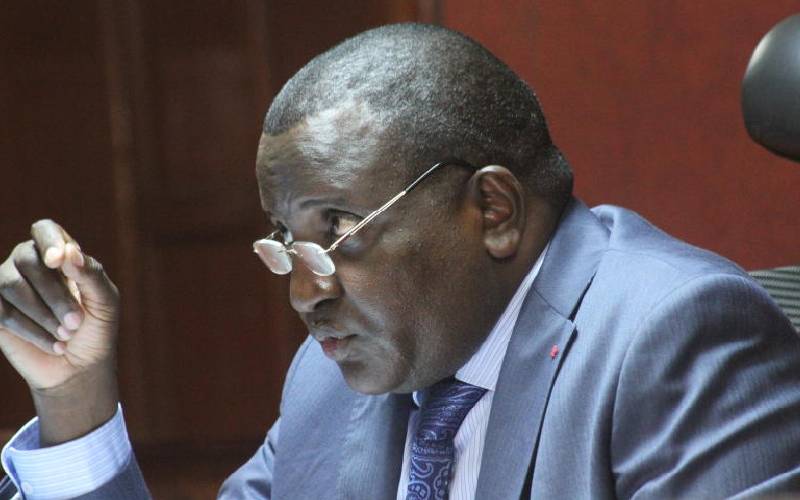×
The Standard e-Paper
Stay Informed, Even Offline

High Court Judge Weldon Korir. [Collins Kweyu, Standard]
The Kenya Revenue Authority (KRA) has suffered a setback in a case against 45 companies it is probing for suspected tax fraud.